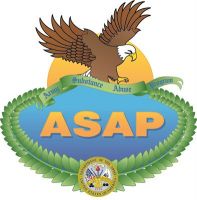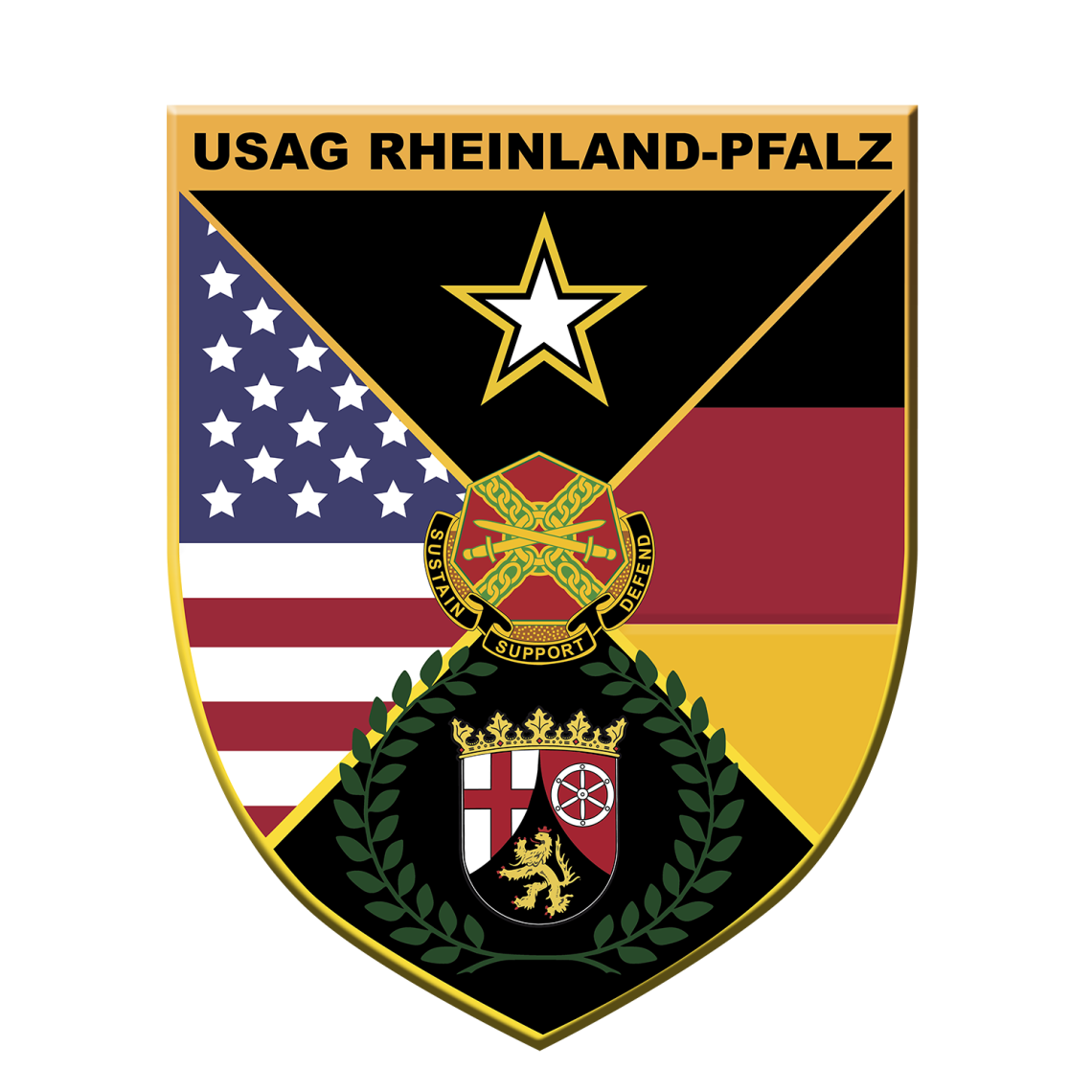MISSION: To deliver adaptive services to prevent alcohol and drug incidents that supports readiness for the U.S. Army Garrison Rheinland-Pfalz community.

Community Ready and Resilient
What is Ready?
The ability to accomplish assigned tasks or missions through resilience, individual and collective team training and leadership.
What is Resilience?
Resilience is the mental, physical, emotional and behavioral ability to face and cope with adversity, adapt to change, recover, learn and grow from setbacks.
Ready and Resilient Campaign
The Ready and Resilient Campaign integrates and synchronizes efforts and programs to improve the readiness and resilience of Soldiers, civilians, family members and retirees.
Community Ready and Resilient Integrator:
- Develops improved methods for leaders and commanders to provide accurate information and metrics to aid them in identifying “at risk” and “high-risk” Soldiers, enabling early intervention
- Ensures successful completion of working groups, Installation Prevention Team, Suicide Prevention Task Force and other forums to reduce high-risk behavior and a successful Community Health Promotion process
- Monitors data and advises the SC/CG on installation health promotion and R2 risk mitigation activities
- Identifies, documents and assesses installation, community and environmental needs and risk factors
Ready and Resilient Campaign (R2C) Focus Areas:
- Army Continuing Education System
- ASAP
- Behavior Health
- CRRD Dashboard
- Crime Prevention
- CSF2
- Equal Opportunity
- Family Engagements
- Performance Triad
- Risk Reduction
- SHARP
- Spiritual Fitness
- Sponsorship
- Strong Bonds
- PAO
- Suicide Prevention
- Transition
Alcohol & Drug Awareness and Prevention
The ASAP Prevention Team focuses on prevention and education as a deterrent to the misuse and abuse of alcohol and illegal substances in order to help enhance combat readiness.
Training
ASAP offers multiple opportunities throughout the year that meet Soldier and civilian annual training requirements. Trainings can be tailored to an active duty, civilian or blended audience and can be scheduled upon request. Trainings are available at the ASAP training room on Pulaski Barracks, Clinic Kaserne (Baumholder) or at the work site.
- Universal: Designed to reach the entire population, without regard to individual risk factors; intended to reach a very large audience
- Selective: Target subgroups of the general population that are determined to be at higher risk for substance abuse
- Indicated: Individuals who are experiencing early signs of substance abuse and other related problem behaviors associated with substance abuse and target them with special programs
Prevention Readiness Training: The PRT's foundation is an evidence-based education program with demonstrated success insignificantly altering attitudes, increasing abstinence and reducing high-risk drinking and drug use. Throughout the 4.5 hour course, the importance of protective factors and low-risk choice making is explored. Contact ASAP for more information.
Campaigns
ASAP offers two annual awareness campaigns:
- Alcohol Awareness Month (April)
- National Drunk and Drugged Driving Prevention Month/3D Month (December)
Hot Spot Tours
ASAP offers a walking tour of the "hot spots" in the Baumholder community where alcohol-related incidents have been reported. These tours are for leaders, E-5 and above by appointment only and are typically held during April (Alcohol Awareness Month). Contact Baumholder ASAP for more information.
DRUG TESTING
Military Drug Testing
Military drug testing assists commanders in assessing the security, military fitness and discipline of units through the use of urinalysis testing. ASAP’s drug testing coordinator provides quality control inspections for drug testing, serves as the subject matter expert for drug testing, provides information to commanders about smart testing, regulatory requirements and current drug trends.
Commanders are directed to conduct monthly testing at 10% of unit strength. Soldiers not selected for a random test during the first three quarters of the fiscal year must be selected for a test in the last quarter of the fiscal year.
Civilian Drug Testing
Civilian drug testing assists commanders in assessing the security, fitness and discipline of civilian workforce through the use of urinalysis testing. ASAP’s DTC administers testing from selection to receiving the results from the laboratory.The DTC also conducts and supports the Drug-Free Federal Workplace testing program.
The DTC also conducts civilian Pre-Employment Drug Testing in coordination with the hiring Civilian Personnel Advisory Center in overseas and U.S. locations.
Employee Assistance Program
The Employee Assistance Program provides free, confidential, voluntary services dealing with:
- Identification and treatment of substance abuse
- Family and marital difficulties
- Financial stress
- Workplace conflicts
- Other mental-health related issues
- Assessments
- Short-term problem solving
- Referrals
Who is eligible for EAP services?
- Department of the Army civilians (GS / NAF)
- Spouses of military members
- Family members (18+)
- Retirees
Risk Reduction Program
The Risk Reduction Program is a tool to help commanders reduce high-risk behavior among service members. The RRP identifies trends and units with high-risk profiles by compiling, analyzing and assessing behavioral risk and other information. The information assists commanders to mitigate individual high-risk behavior by:
- Predicting and targeting intervention or prevention efforts
- Providing systematic prevention and intervention methods and materials
Unit Risk Inventory
A significant feature of the RRP is the Unit Risk Inventory, a 53-item anonymous questionnaire designed to screen service members for high-risk behaviors and attitude that compromise unit readiness.
This survey allows service members to disclose personal and professional behaviors and challenges; and helps commanders determine the actual occurrences of high risk behaviors, not just reported incidences.
URI Summary of Results: Your ASAP Team offers coordination and delivery of ongoing services,assesses risk and protective factors to mitigate future high risk behaviors, and provides support and services to units and leaders.
Suicide Prevention Program
The goal of the Suicide Prevention Program is suicide-risk reduction. This includes taking steps to lower the chance an individual will engage in suicidal behaviors.
Suicide prevention is a commander’s program and is the responsibility of every leader. Commanders are responsible for integrating and administering suicide-prevention programs for their organization.
The SPP oversees all Ask, Care, Escort, ACE-Suicide Intervention and gatekeeper training. The program offers support and coordination to the commander to conduct suicide-prevention training.
When a suicide attempt occurs, the SPP conducts a Suicide Response Team with the leadership of the unit involved within 48 hours. The SRT gathers known risk factors, best practices, lessons learned and identifies any gaps.
The information gathered at the SRT is then presented to the Suicide Prevention Task Force. The SPTF evaluates the needs of the community and provides recommendations/guidance to the garrison commander for implementation.




